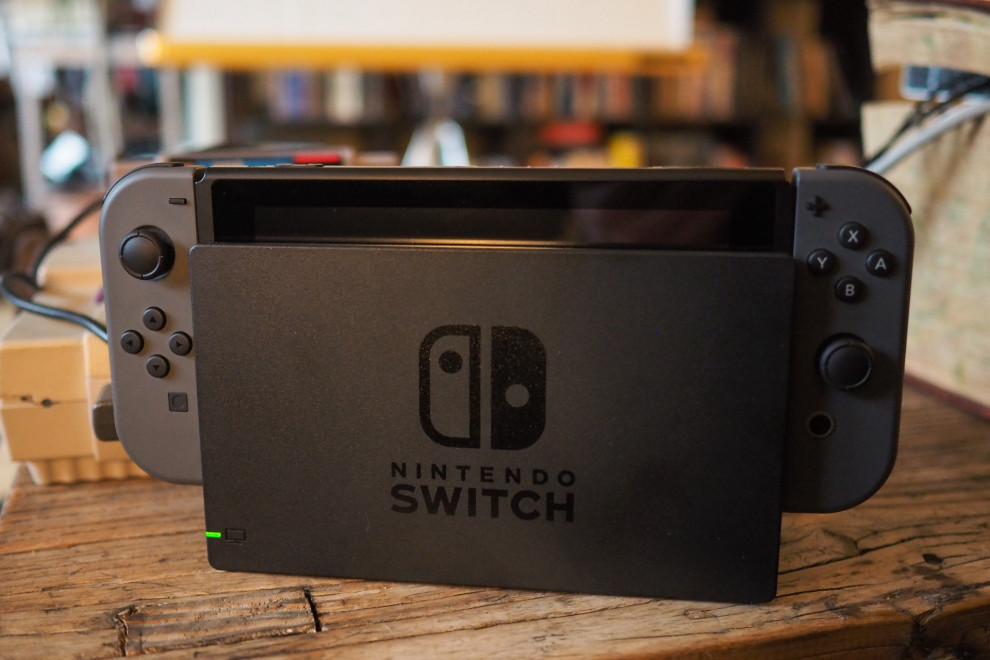In brief: Before the Nintendo Switch launched in March 2017, quite a few people expected it to be a failure, but they were quickly proved wrong. The hybrid console, which was the best-selling hardware platform last year, has now sold 32.27 million units over its lifetime, putting it ahead of the Gamecube and Wii U, and just spitting distance away from the Nintendo 64's 32.93 million sales.
A quarterly record of 9.41 million Switch machines were sold between October and December last year, marking a 30 percent year-over-year increase. While that's undoubtedly welcome news for Nintendo, the company is unlikely to reach its 20 million sales target for the current financial year. The first three quarters saw at total of 14.48 million units shifted, meaning it would need to move over 5.5 million Switches in the final quarter. As such, Nintendo has revised its forecast to 17 million units, which would require around 2.5 million sales throughout January, February and March.
The Switch's game sales have been equally strong. Super Smash Bros. Ultimate sold 12.08 million units. Despite only launching last month, it was the fifth best-selling game in the US last year. Pokemon: Let's Go, meanwhile, shifted 10 million, and Super Mario Party, which launched on October 5th, sold 5.3 million.

Digital game sales, which includes full games, download-only games and DLC, were up 95.1 percent YoY to $774.3 million.
The strong performance helped Nintendo generate 608.39 billion JPY ($5.59 billion) revenue during the Christmas period, up 26 percent YoY. It also recorded a net profit of 104.21 billion JPY ($958 million), its best Q3 result for eight years.
For the year ending March 31, 2019, Nintendo said it expects total net sales of $11 billion and operating profit of $2.06 billion.
